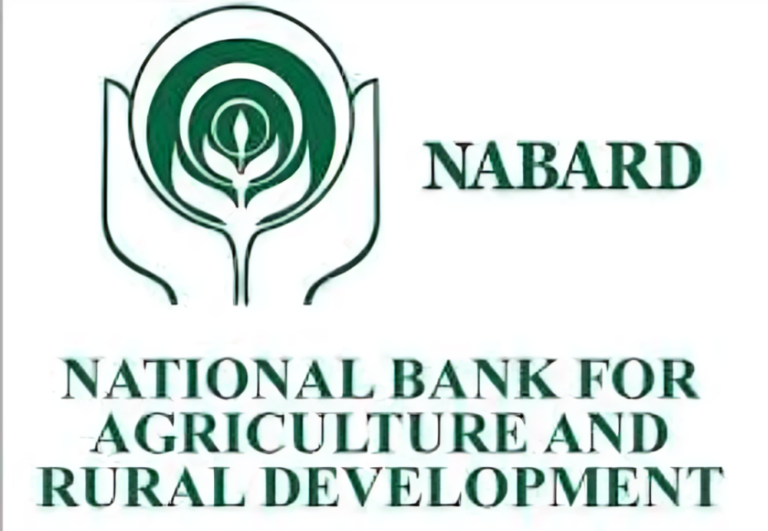Teaching Exams
Teaching is a noble profession that plays a pivotal role in shaping the future of society. For those aspiring to become educators, clearing teaching exams is a significant milestone. These exams not only evaluate your knowledge but also test your pedagogical skills and aptitude for teaching. Here’s an in-depth look at the world of teaching exams in India.
Types of Teaching Exams in India
Teaching exams in India are conducted at various levels, catering to different teaching aspirations:
| Exam Name | Conducting Body | Purpose |
|---|---|---|
| CTET (Central Teacher Eligibility Test) | CBSE | Qualifies candidates for teaching in central government schools. |
| TET (Teacher Eligibility Test) | State Governments | Eligibility for teaching in state government schools. |
| KVS (Kendriya Vidyalaya Sangathan) | KVS | Recruitment for Kendriya Vidyalayas. |
| NVS (Navodaya Vidyalaya Samiti) | NVS | Recruitment for Navodaya Vidyalayas. |
| UGC NET (University Grants Commission National Eligibility Test) | NTA | Eligibility for Assistant Professorship and Junior Research Fellowship. |
| State PSC Exams | State Public Service Commissions | Recruitment for school lecturers and professors. |
Eligibility Criteria for Teaching Exams
The eligibility criteria vary depending on the exam and level of teaching. Here’s a brief overview:
- Educational Qualifications:
- For primary teachers (Classes 1-5): Senior Secondary (or equivalent) with at least 50% marks and a Diploma in Elementary Education (D.El.Ed).
- For secondary teachers (Classes 6-8): Graduation with a Bachelor of Education (B.Ed) degree.
- For higher secondary teachers: Post-graduation with B.Ed or M.Ed qualifications.
- For UGC NET: Post-graduation in the relevant subject with at least 55% marks.
- Age Limit: Most teaching exams have an upper age limit ranging between 35 to 40 years, although some categories enjoy age relaxations.
- Nationality: Indian citizenship is a primary requirement, though some exceptions exist for international candidates.
Syllabus and Exam Pattern
Teaching exams typically assess candidates on:
- Child Development and Pedagogy: Understanding child psychology and teaching methods.
- Subject Knowledge: Questions based on the chosen subject or specialization.
- General Knowledge and Current Affairs: Awareness about national and international events.
- Language Proficiency: Command over regional or national languages.
| Subject | Marks | Duration |
| Child Development & Pedagogy | 30 | 2.5 hours |
| Subject-Specific Knowledge | 60 | |
| Language Paper (Hindi/English) | 30 | |
| General Awareness | 30 |
The total marks and duration vary depending on the exam.
Preparation Tips for Teaching Exams
- Understand the Syllabus: Thoroughly analyze the syllabus and focus on high-weightage topics.
- Refer to Standard Books: Use NCERT books for foundational knowledge and additional guides for in-depth study.
- Practice Mock Tests: Regularly attempt mock tests to identify strengths and weaknesses.
- Stay Updated: Read newspapers and follow current affairs for the general awareness section.
- Time Management: Allocate time wisely for each subject during preparation and in the exam.
- Join Coaching or Study Groups: Seek guidance from coaching centers or join study groups for collaborative learning.
Why Choose a Teaching Career?
- Job Stability: Teaching offers job security, especially in government schools and institutions.
- Work-Life Balance: Teachers often enjoy holidays and shorter working hours compared to other professions.
- Respect in Society: Teaching is a revered profession with immense respect and admiration.
- Scope for Growth: With experience and additional qualifications, teachers can rise to administrative roles.
Challenges in Preparing for Teaching Exams
- Vast Syllabus: Covering the entire syllabus can be overwhelming.
- High Competition: Thousands of candidates vie for limited seats.
- Changing Exam Patterns: Staying updated with the latest exam patterns is crucial.
- Balancing Work and Studies: For working professionals, finding time to prepare can be challenging.
FAQs about Teaching Exams
- What is the validity of a TET certificate?
- A TET certificate is valid for a lifetime as per the latest guidelines.
- Can I apply for multiple teaching exams?
- Yes, candidates can apply for multiple exams if they meet the eligibility criteria.
- Are there any online resources for preparation?
- Yes, platforms like Unacademy, BYJU’s, and Testbook offer online courses and mock tests.
- What is the salary of a government teacher?
- The salary varies but ranges between INR 35,000 to INR 1,00,000 per month, depending on the level and location.
- Can private school teachers appear for government teaching exams?
- Yes, private school teachers can appear for these exams provided they fulfill the eligibility criteria.
Conclusion
Teaching exams pave the way for a fulfilling and impactful career in education. While the journey requires dedication, persistence, and hard work, the rewards are equally gratifying. Whether you aspire to teach young minds in primary schools or guide scholars at the university level, acing teaching exams is your first step toward a brighter future. Begin your preparation today and inspire generations to come!

